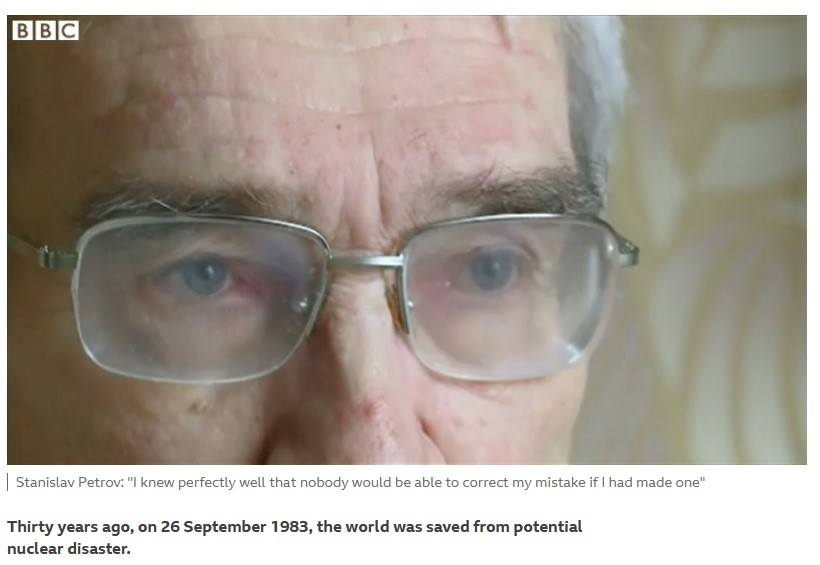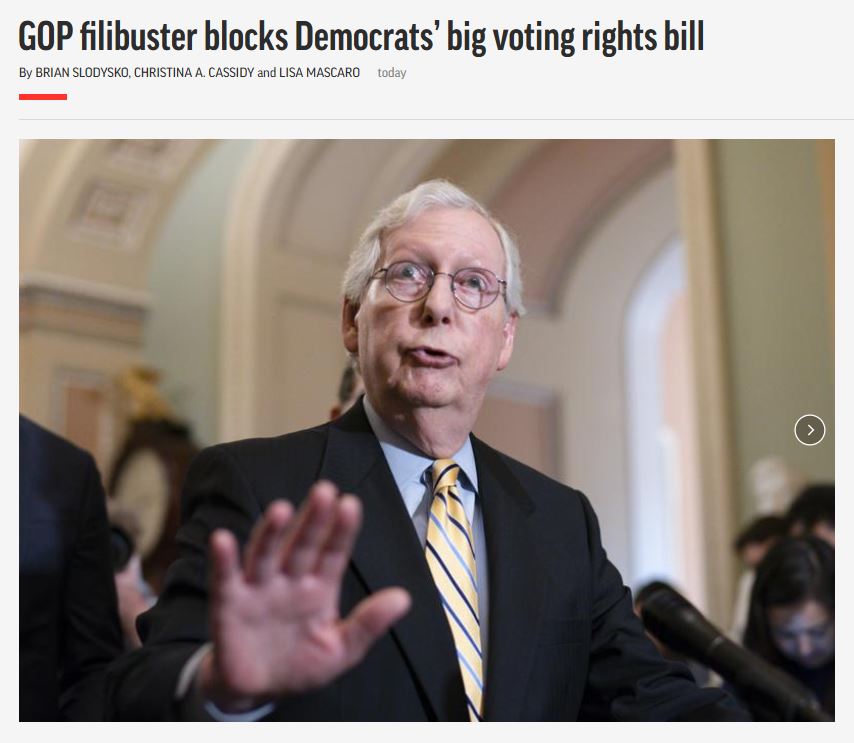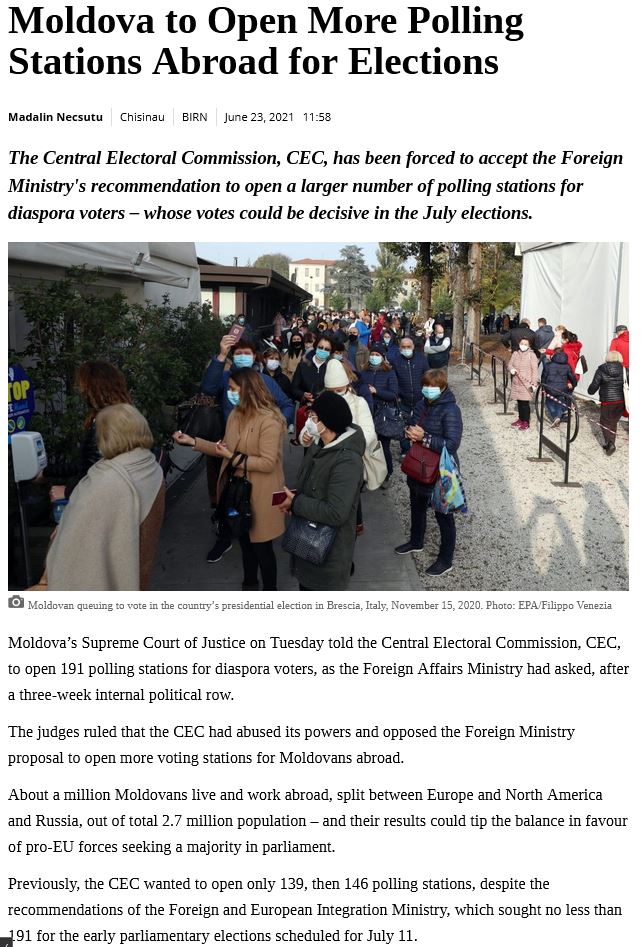There’s chess and there’s bridge.
There’s managing your resources – on your own, while trying to outsmart – out, in the open, your opponent.
And there’s team-work. An attempt to make the most of what lady-luck had put on the table by exchanging information. With your partner and in the presence of the competing team. This time only the conversation is out in the open, the resources themselves remain hidden. During the initial phase of the competition and, partially, during the end game.
Until WWI, war was more like chess than anything else. Resources were, more or less, out in the open. The soldiers had no other role but to do and die. The whole responsibility belonged to the guys who called the shots. One for each side…
WWI had ended indecisively. Hence WWII.
Each of the winning parties – there had been two victors, had learned something different from the experience.
The Western allies had learned the value of cooperation while the Eastern ‘block’ had reached the conclusion that brute force trumps everything.
The Americans had started playing bridge with the Brits and taught the game to the rest of the world.
The Russians had honed their skills at playing chess. Something they were already very good at.
For a while, the Americans have tried to compete with the Russians. Remember a guy named Fischer? Bobby Fischer?

Soon, too soon, the Americans had given up.
After building a computer smart enough to outsmart all human chess players…
The even worse part was that the Americans had given up bridge too!
And forgot the most important lesson of WWI and WWII. That the victor needs to take care of the vanquished if they want to enjoy peace. To actually win the peace process after they had already won the war.
Which brings us to the end of the Cold War.
Communism – and practically all communist states, had crumpled under its own weight.
The westerners assumed it was something they had done themselves. Declared victory.
And the end of history…
Having already given up bridge, they forgot to take care of the vanquished… and allowed Russia – the party who had taken most of the blame over their shoulders, for reasons to be discussed some other time, to slide down the slope inaugurated by post WWI Germany.
Did I mention that Russia was still fond of chess? Very much in love with brute force? And not very fond of respectful cooperation?
Now, that we all try to peek into the future – attempting to figure out how the current aggression ordered by Putin will end up, we need some people to learn about bridge.
Putin cannot launch by himself the nuclear missiles he had been brandishing lately.
Now, can those around him reset the chess board on which they are but pawns into a bridge table?
And invite the rest of the world into the game?

Will the rest of us understand the invitation?
If, and when, it will come?








